INTRODUCTION
On 10 August 2025, the Chief Justice of the Supreme Court of Somalia issued Circular Ref: MS/XG/631/2025, appointing a supervisory committee composed of judicial and administrative members to oversee the elections of the Somali Bar Association (UQS). The circular mandated the committee to supervise the electoral process, assist the Electoral Committee, resolve disputes, and report to the leadership.
This step comes against the backdrop that the Somali Bar Association has not conducted an election for over 15 years, during which one individual continuously occupied the chairmanship. This prolonged stagnation diverges from the standard practice in many national bar associations, where elections are customarily held every year or at regular intervals to ensure accountability, renewal of leadership, and internal democracy.
While the circular was presented as a measure to guarantee transparency and order, it raises profound constitutional and legal concerns. It extends the Supreme Court’s role beyond its judicial mandate into the administration of an independent professional body.
The Circular Conferred upon the Committee a Broad Mandate, including:
- Supervising the proper conduct and progress of the Bar Association’s electoral process;
- Assisting the official Electoral Committee;
- Ensuring transparency and order in electoral activities;
- Providing advice on electoral matters;
- Resolving disputes arising during the preparation of elections;
- Submitting reports to the leadership; and
- Coordinating between the Somali Bar Association and state-level bar associations.
National Legal Framework
Constitutional Boundaries
Article 105 of the Provisional Federal Constitution of Somalia provides that the judiciary shall exercise judicial power only. This means that the Supreme Court and its Chief Justice are constitutionally restricted to resolving disputes brought before them, not to exercising administrative authority over independent associations. By appointing members to oversee the Bar elections, the Court has acted outside its constitutional mandate.
- Judicial Functions under Somali Legislation
The statutory framework under Law No. 3 of 1962 (Arts. 5 and 15) circumscribes judicial authority to purely adjudicatory functions. This principle is reinforced by Law No. 34 of 1974 (Arts. 13 and 18(1)), which explicitly limits the scope of judicial power to the judiciary itself and the prosecutorial corps, thereby excluding oversight of independent professional bodies such as bar associations.
Law No. 85 of 1975 (as amended by Law No. 3 of 1986) establishes the Somali Bar Association as an independent body, with its own constitution and bylaws regulating elections and governance. The law does not assign the Supreme Court any supervisory role in the Bar’s internal electoral affairs. Thus, the judiciary’s legal competence is limited to adjudication, not administration of professional associations. The Supreme Court’s intervention constitutes ultra vires action — beyond its lawful powers.
International and Human Rights Frameworks
UN Basic Principles on the Role of Lawyers (1990)
Principle 24: Lawyers are entitled to form and join independent professional associations to represent their interests, protect their independence, and promote the rule of law. While Principle 25 alsostates that theprofessional associations of lawyers shall elect their officers freely and independently, without interference from external authorities.
The Supreme Court’s appointment of election supervisors undermines these principles by compromising the Bar’s freedom to self-govern.
- UN Human Rights Council Resolution 29/6 (2015)
This resolution explicitly reaffirms the independence of bar associations and calls upon states to respect their autonomy. Any state organ, including the judiciary, that interferes with the self-regulation of lawyers contravenes this principle and risks breaching Somalia’s international obligations.
- African Charter on Human and Peoples’ Rights (1981)
Articles 7 and 26 emphasize the right to a fair trial and the duty of states to guarantee the independence of courts and legal professions. Judicial encroachment into bar elections undermines both the independence of the legal profession and the right to effective legal representation.
Legal and Institutional Repercussions
- Threat to the Independence of the Legal Profession
By involving itself in the Bar’s electoral process, the Supreme Court compromises the independence of lawyers, who may perceive themselves as subject to judicial influence or control. This weakens the Bar’s ability to serve as a watchdog over government and judicial misconduct.
- Potential Conflict of Interest
If disputes arise from the Bar’s election, the Supreme Court may later be called upon to adjudicate them. Having pre-approved or supervised the election creates a conflict of interest and undermines judicial impartiality.
- Violation of International Commitments
Somalia risks being found in breach of its obligations under the UN Basic Principles, the African Charter, and relevant Human Rights Council resolutions. Such breaches may undermine Somalia’s credibility in international fora and weaken donor confidence in its justice sector reform.
- Precedent for Future Interference
Allowing judicial authorities to intervene in professional self-regulation sets a dangerous precedent. It opens the door for further encroachments on the autonomy of other professional associations and civil society organizations, eroding democratic governance.
The Supreme Court’s decision to appoint judges to oversee the Bar Association elections constitutes a constitutional and legal overreach under Somali law, as well as a violation of international standards on the independence of lawyers. The legal repercussions include delegitimizing the electoral process of the Bar, compromising judicial impartiality, and exposing Somalia to international criticism for breaching its obligations to protect the autonomy of the legal profession.
For the Somali Bar Association to fulfill its vital role in upholding the rule of law and defending human rights, its independence must be fully respected. The best practice, consistent with both national and international law, is for the Bar itself to administer its elections, with the judiciary confined to its constitutional function of adjudicating disputes, not managing or supervising professional associations.
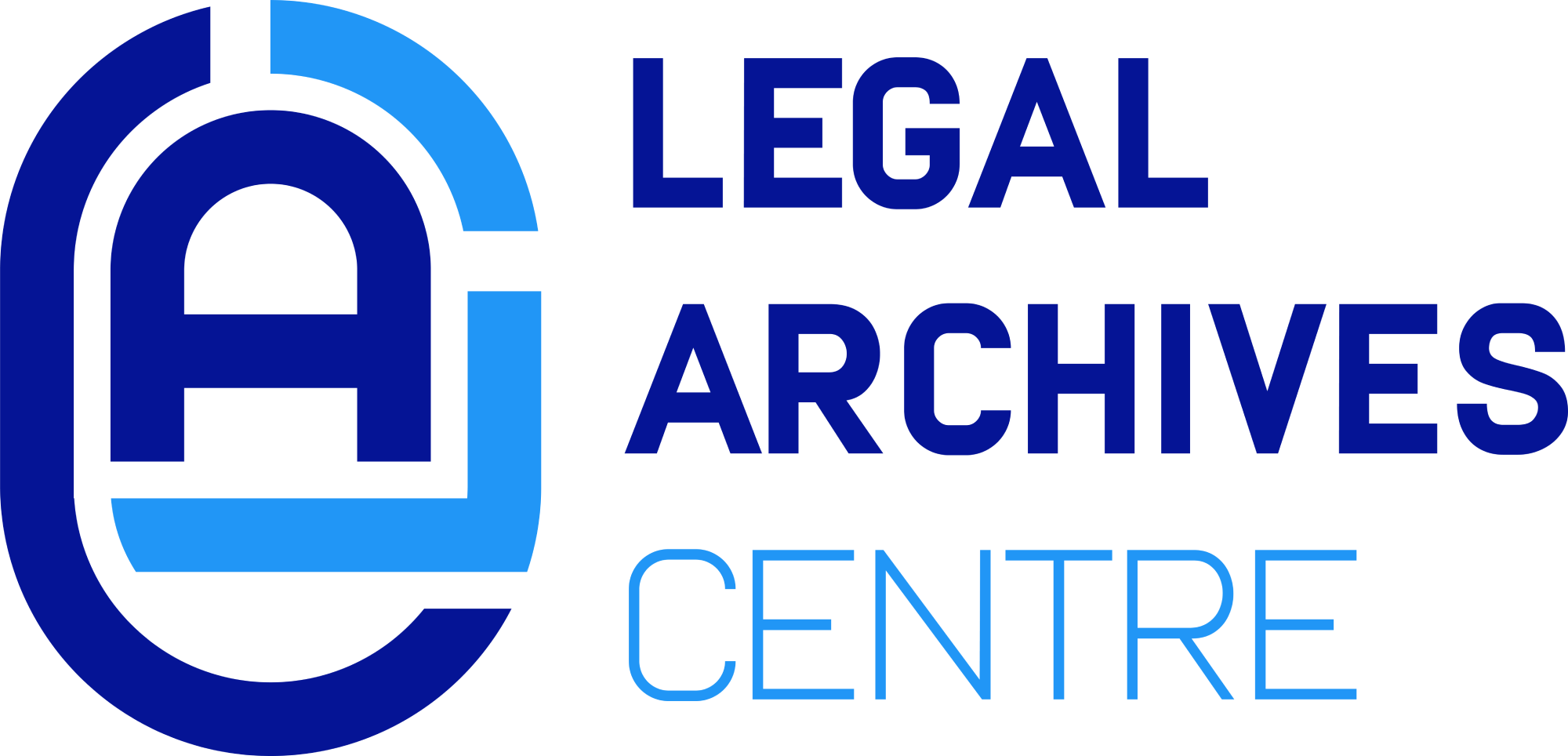
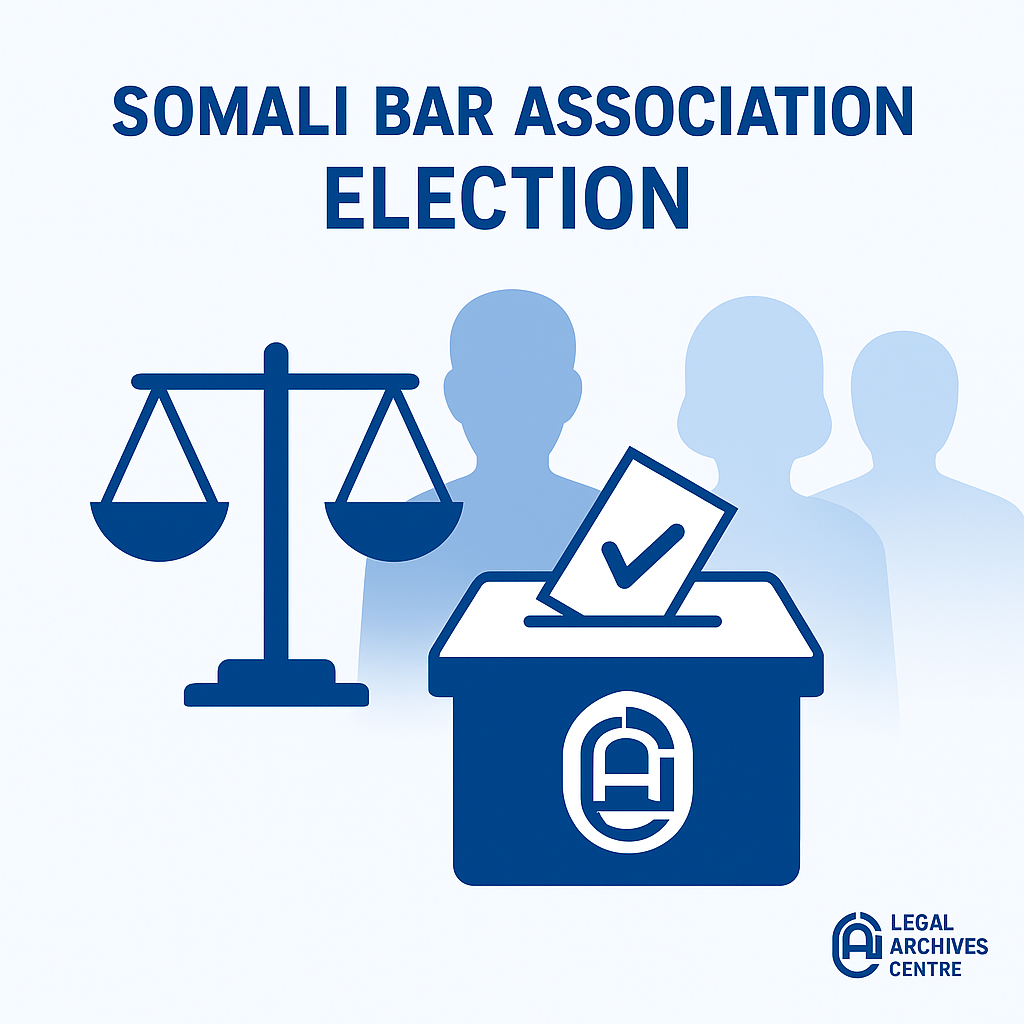
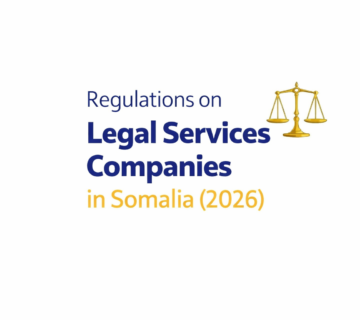
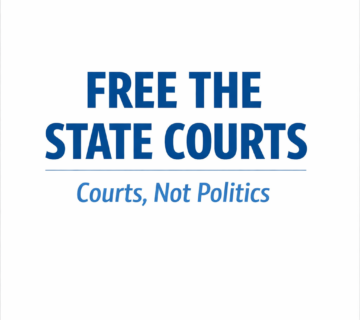

No comment